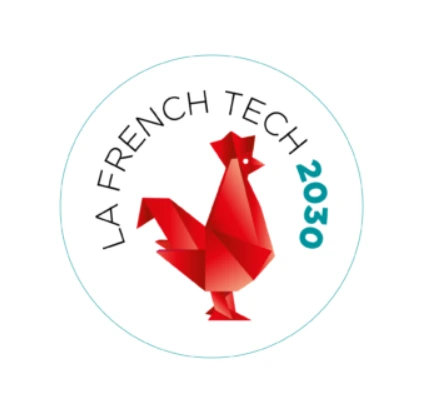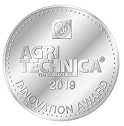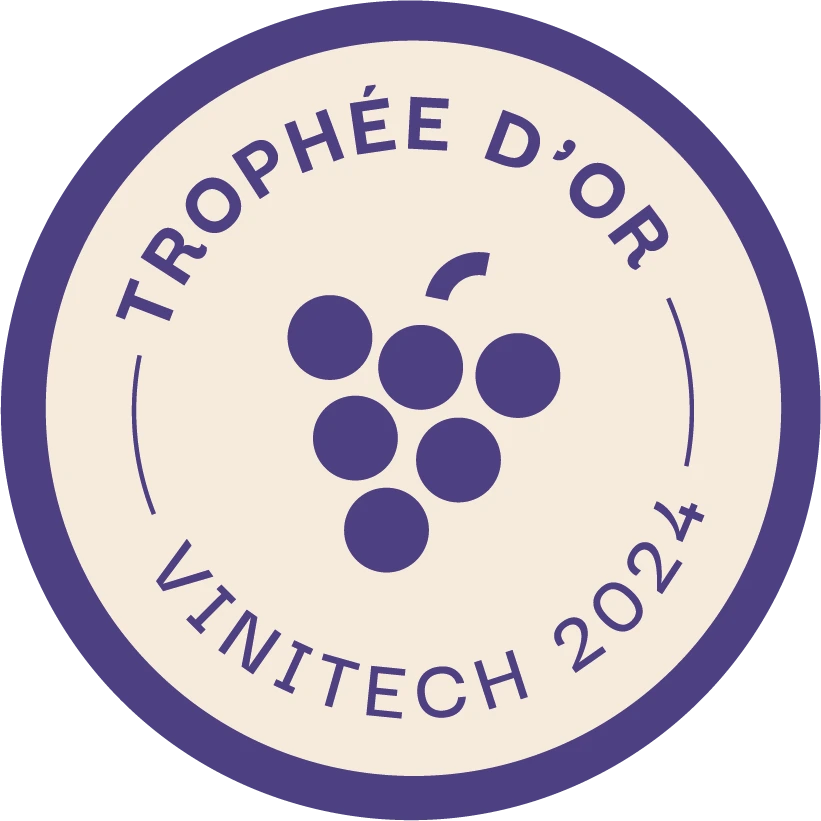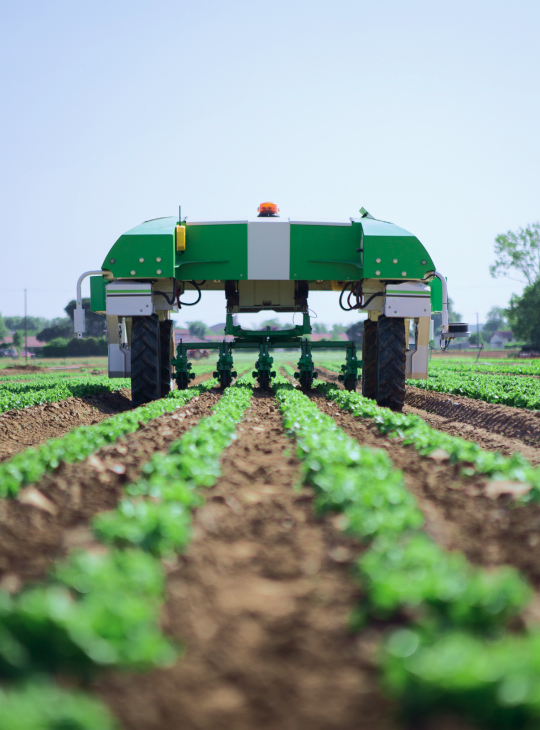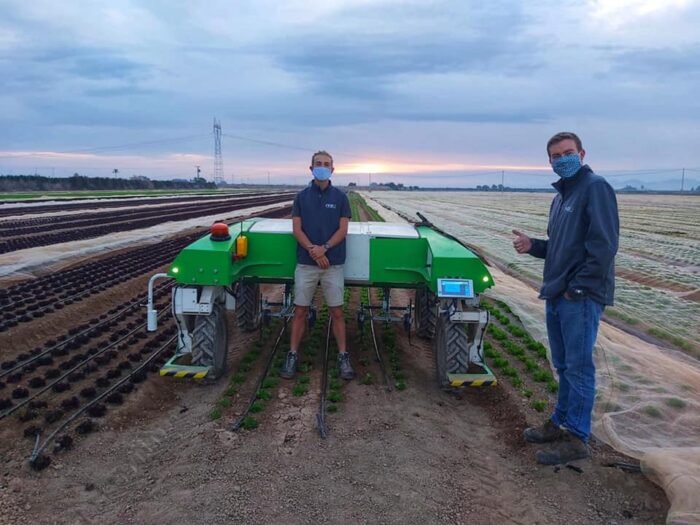
Dino’s not taking a holiday, in order to adapt to the working conditions of vegetable farms! Some robots are tested in France during the season. Another has recently been sent to Spain in order to continue trials in that country, where the autumn climate remains very mild. Feedback on the reasons which made Naïo Technologies decide to head off for an adventure in the Murcia region, in the south-east of Spain.
An extended trial season to amortise Dino
While France is sinking gently into the colours of autumn, there is still one country in Europe where the sun is shining! According to Julien Laffont, responsible for international development at Naïo Technologies, “Spain has thousands of hectares of vegetable crops, most particularly in the Murcia region”. Salad crops grow alongside beets and celery, often intended for consumption in France, Germany and England. And for good reason: “the location of the country and its climate allow farmers to take advantage of a second yield geared to the off-season, which is not possible in France”. The decision to send a Dino robot was not a difficult one for the teams to make. “It was a question of amortising Dino over a longer period and taking advantage of an extra test season with the opportunity of directly gathering clients’ views!”.
An ideal test environment
Since this, contact has been made with the G’s España Group. This agricultural company specialises in the culture and distribution of fruits and vegetables. It is located in the same region of Murcia. “English in origin, the company is more used to practices linked to robotics than local companies which concentrate on manpower”. A partnership was set up with a Dino robot and a Naïo Technologies employee being sent out last August. Maxence Guillaumont is responsible for testing the robot. “Dino is working on beets and celery at the moment. The quality of the weeding is very good!”. With early passages and a very drying sun, it is thus “able to move the soil around enough to pull out the weeds from the row and between the rows”.
The tests take up the majority of Maxence’s time. “I reserve 2-3 days per week to work Dino in the fields, then a day in the workshop to do any modification of the tools, soldering or die-cutting”.
A promising market and curious farms
Maxence reserves the 2 other days of the week for organising demonstrations with local players. The technician is enthusiastic. “Using the robot offers many advantages and farms are curious about it”.
Generally, for weeding in vegetable crops in Spain, they rely on a tractor with a toothed tool. Two people are therefore necessary: the driver and someone to lift the drip irrigation system laid over the vegetable beds. This is moreover one of the challenges for robotics in this country. “With Dino, only one person is required: they manage the robot and its passages, particularly at the end of the row, to lift the drip irrigation system when it turns round”.
“Dino is also lighter and more gentle”. Soil compaction is thus diminished and the uprooting of the irrigation systems becomes less rare than when using towed tools. Dino’s mechanical weeding also fulfils all the conditions for responding to the environmental challenges linked with water pollution in Murcia.
For Julien Laffont, the “market is slowly evolving, but the presence of Dino in Spain is an opportunity for the research teams from now on. The exploration of the local market is also now within our reach!”.


